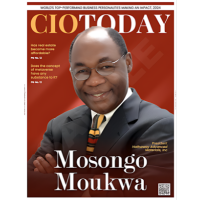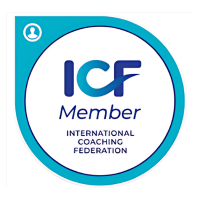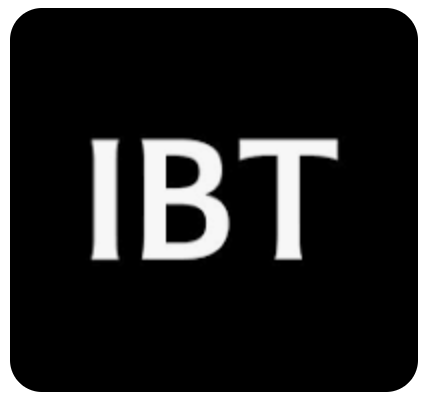GET THE BESTSELLER
BE A LEADER OF SIGNIFICANCE
Make an impact. Leave a legacy. Transform an organization into a creative engine of experimentation that will fuel sustainable revenues and exciting growth-beyond expectations. An empowered executive can make extraordinary things happen if they choose to.
Click here to get your copy!

Unlock Potential
A program for small business owners that ensures you arrive at your chosen destination
If you are struggling with time and financial outcomes, you are not alone.
There is hope. There is a solution. I will show you the way.

bestselling author and strategist
Mosongo Moukwa
Over decades spent in global management, Mosongo Moukwa saw how conventional models equating results with leadership limited an organization's potential. Focusing purely on financial deliverables might grow a company's bank accounts, but it would never grow its true wealth: the collective creativity and passion of its people. Mosongo's philosophies have brought success to thousands, using his unique framework to teach:
Strategy Optimization
Financial Empowerment
Time Mastery
More
TESTIMONIALS
"In times of rapid change, no more dangerous state exists than the status quo. At a time when impact, inspiration, and influence are needed most, Mosongo Moukwa provides a roadmap for leaders to be their very best.." - Michael Garratt

"Inspiring, insightful, practical, and powerful! Thank you, Dr. Mosongo Moukwa, for bringing out the importance of human connections and building quality relationships across the spectrum to create an indelible impact" - Dr. B Venkataraman

"Mosongo is masterful and inspirational in his ability to excite passion for learning, careful risk taking, reflection and provides support to those he manages throughout the process." - Rose Mohr

"Mosongo intentionally, or even more accurately, instinctively, knows that building relationships and the effectiveness of one’s communication is directly correlated to the significance of the leader." -John F.

The Global Trends Newsletter
Cut through the noise and get clear, actionable insights on the economic and global trends that impact your business.
Turn confusing headlines into real advantages for your business so you can stay ahead, seize new opportunities, and navigate risks with confidence.
Our Team

John Doe

John Doe

John Doe

John Doe
Copyrights 2025 | Mosongo Moukwa | Terms & Conditions | Privacy Policy

The Extra Mile: How to unlock your highest potential
Unlock the secret to better digestive health with 'Gut Feeling.' Discover how to nourish your gut and improve your overall well-being. ... more
mind and body
08 April 2024 • 7 min read


















